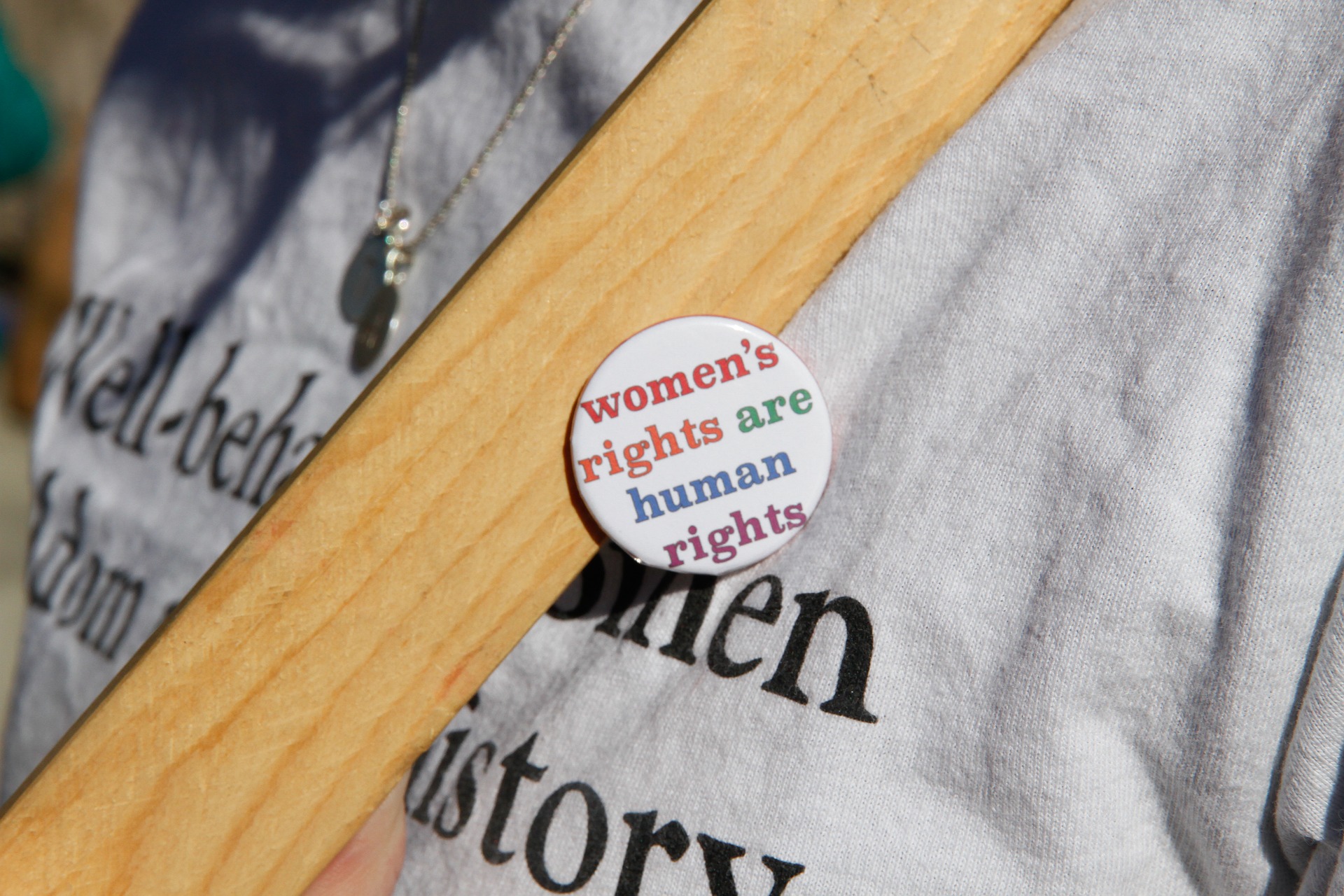Perimenopause, the period before menopause, the formal end of a woman’s monthly periods and fertility, may cause a slew of physiological changes. Low energy is a frequent side effect many women feel before, during, and after this transition period.
Changes in hormone levels, night sweats, other sleep interruptions, or other difficulties may all induce fatigue during menopause. You may feel physically and psychologically exhausted or just tired.
According to a study published in the Journal of Psychosomatic Obstetrics and Gynecology, the most common symptom reported by menopausal women was exhaustion.
While fatigue may indicate menopause, it may also indicate anemia, coronary artery disease, diabetes, heart failure, hypothyroidism, hyperthyroidism, and renal or liver illness. You should see your doctor to be sure it’s a menopausal symptom.
If your doctor has ruled out any other issues and this change is to blame for your fatigue, consider these energy-boosting tips.
Get The Nutrients You Need
Certain minerals, such as B vitamins and iron, are essential for energy generation. B vitamins aid in the production of energy in cells and the conversion of food into fuel. Because our bodies cannot store B vitamins, You must take them daily. B vitamins may be found in spinach, beans, lentils, whole grain bread, eggs, milk, and green vegetables.
One of the most prevalent signs of iron deficiency is fatigue. This is because less oxygen reaches human tissues, robbing them of energy. While we are all aware of the need for iron supplementation during pregnancy, few people discuss the importance of iron supplementation during menopause and thyroid function.
Changes in your menstrual cycle accompany menopause, which may result in more frequent or heavier periods. Because many perimenopausal and menopausal women select a reduced calorie-rich diet with less red meat to avoid weight gain, they are often deficient in iron. They may benefit from an iron supplement to increase their energy levels.
Use diet regimens, such as the Galveston diet or intermittent fasting (IF), and consume anti-inflammatory foods to help in fighting weight gain and feeling better. Eating smaller meals more regularly might offer energy throughout the day. Heavier meals may also cause heartburn, which can disrupt sleep.
Stay Hydrated
You must fuel your body with nutritious food and water. Thirst is your body’s signal that you need more liquids. Dehydration causes your body to work harder to perform, which may contribute to fatigue.
Nausea and difficulties focusing may also result from dehydration. Keep a water bottle or Lifeaid energy drink mixes on hand when thirsty. Choose water or caffeine-free tea or coffee over calorie-laden beverages since weight increases may cause sluggishness.
Helping Your Gut
Gut health is the cornerstone of overall health. When your digestive system is slow, you feel sluggish as well. What you eat significantly impacts your capacity to get the nutrients you need from your diet. Returning to fundamentals by chewing your food and swallowing consciously – enjoying texture and flavor and eating slowly – will help you get the benefits of nutrient-dense meals while promoting excellent digestion.
By the time they reach middle age, many women have been on restricted diets, monitoring or calculating calories for over 20 years. There is, however, a significant distinction between counting calories and eating for enhanced energy. Most individuals do not consume enough protein, which is necessary for preventing fatigue, particularly early in the day when stress hormone levels are high. Starting the day with a protein-rich breakfast may give you the energy you need.
Get Ready For Hormonal Changes
Your hormones shift in your mid-30s, preparing you for perimenopause and menopause. These hormonal changes cause a decrease in energy, libido, and sleep quality.
PMS, an often-overlooked indicator of hormonal imbalance, depletes your body’s energy reserves. Increase your fruit and vegetable consumption, eat more fiber and complex carbohydrates, minimize or avoid sodium and caffeine, and walk more to lessen weariness and exhaustion caused by PMS. Yoga, pilates, and resistance band exercises are excellent strategies to boost energy, muscle strength, and bone density.
Thyroid hormone imbalances are also linked to acute and chronic tiredness. The most prevalent is hypothyroidism, or an underactive thyroid, which may induce nightmares, anxiety, mood fluctuations, weight gain, decreased attention, and extreme tiredness. This may be examined as part of a normal GP blood test, with more extensive hormonal and antibody testing available from specialized laboratories.
Management Of Stress And Sleep
Chronic stress and low-quality sleep indicate that your body is not recharging as it should, which is a major cause of exhaustion and fatigue in middle age. Over 50% of the women over 40 reported receiving fewer than 7 hours of sleep every night.
Developing a nighttime regimen that includes less blue light exposure and more relaxation time has been shown to improve sleep and sleep quality. Even on weekends, try to go to bed and get up at the same time every day. Taking a warm shower or bath close before night may be beneficial. Similarly, putting together a tool kit and making time to de-stress is critical to your health and energy levels.
Monitor Your Caffeine, Alcohol, And Nicotine Use
These chemicals might affect your energy. They may provide an instant thrill, but as they wear off, you may feel even more depleted than before. Although many believe that a “nightcap” helps them sleep, research suggests that drinking alcohol before bedtime might contribute to more nightly awakenings.
Alcohol may also relax throat muscles, exacerbating conditions like sleep apnea.
There is no one-size-fits-all recipe. However, if you are experiencing exhaustion during menopause, you must take control, which you may accomplish by adopting a healthy lifestyle. Constant exhaustion and tiredness are not just a result of becoming older or working too hard. Fatigue and exhaustion are strong indications from your body that it needs assistance. This might be due to a hormonal imbalance, dietary deficiencies such as low vitamin B, digestive difficulties, or persistent stress.
What’s the bottom line? If exhaustion and poor energy interfere with your everyday life, you don’t have to accept it. There are methods to regain your energy and feel healthier.












